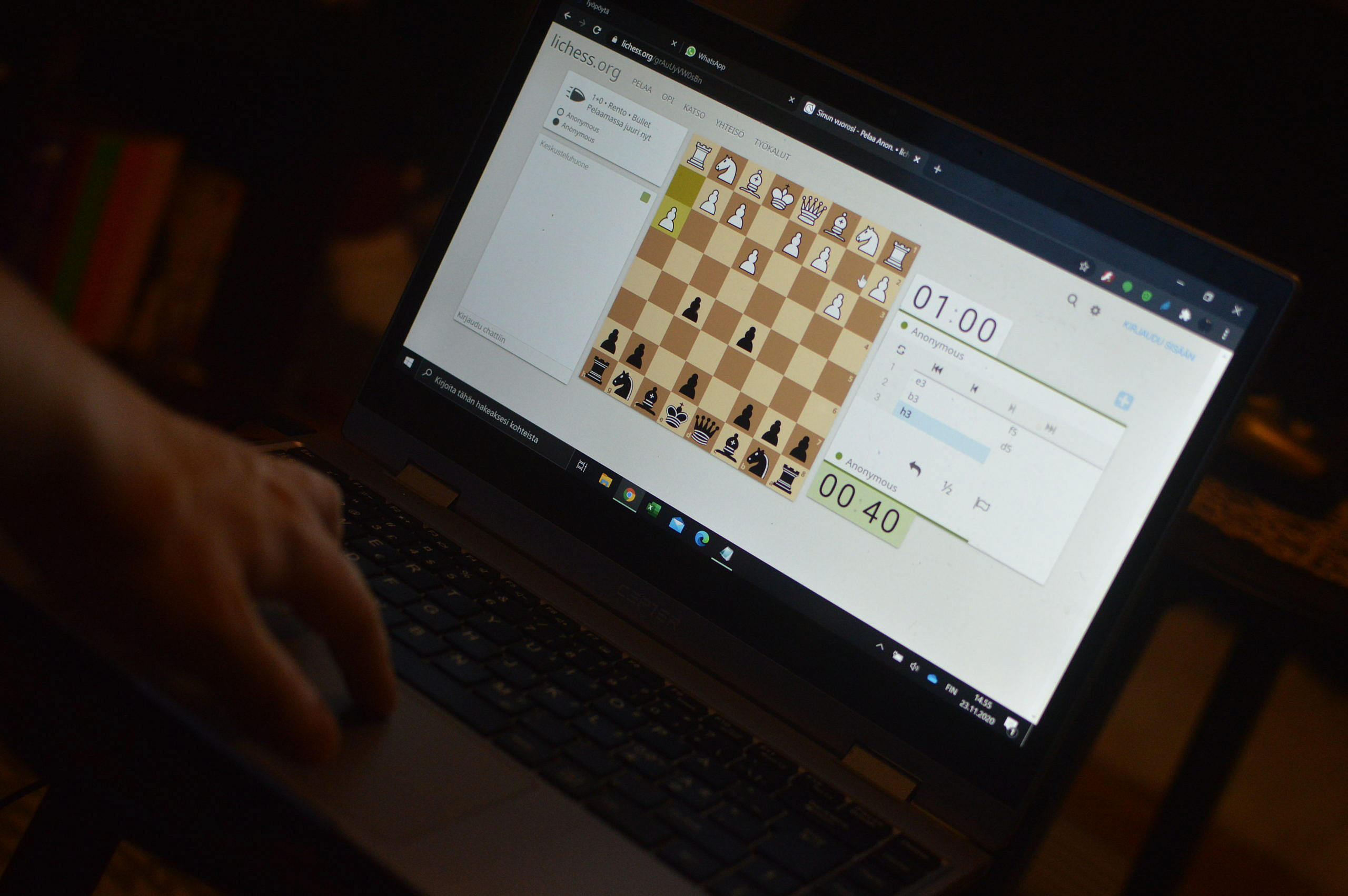For younger generations, video games are not just a way to spend time. They are something through which we can learn, communicate and expand our understanding. According to the new Finnish Player Barometer, Finnish people spent over seven hours per week on digital games. Time spent with digital games has risen from the 2018 barometer when time spent on video games was around four hours a week. The research suggests that the increase in gaming is due to the COVID-19.
Finns are generally positive about gaming. Over 51 percent of Finns think that playing games are useful. Although, almost 44 percent of respondents think that playing games are harmful. However, the barometer includes the games of Veikkaus and slot machines.
There has been a consensus that video game players are unsocial and potential threats to society. Games are a worse hobby than any other else because they are not played outside with face to face contact. They have been seen as the opposite of civilizing. Fortunately, the benefits of gaming are understood today. Negative attitudes towards games and gaming seem to be gradually receding.
Gaming is actually a social activity that develops social skills and eye-hand coordination. They also teach culture, history, morals and English through stories.
Video games are no longer an individual performance. For example, in 2006 Nintendo Wii gathered families in living rooms to play golf or tennis. Perhaps these new 9th generation consoles will do the same.
Gamers are not 15-year-old boys sitting in basements anymore. The average age of video game players has also been rising for years. Now, the average player of digital games is 38,9 years. Gamers are not just kids and teenagers anymore; they are moms and dads in their thirties.
Admittedly, there is no denying that games may also have a negative effect. Games can be addictive, and according to the player barometer, 20 percent of 10-19-year-olds have experienced issues with time management when playing video games. Games can also give bad moral codes instead of good. For example, Grand Theft Autos may give the impression that theft and drug trafficking are okay. These kinds of dangers can be avoided by complying with age restrictions.
Games should still not be seen as isolating and time-wasting nonsense. They educate, socialize and develop motoric skills. Generations Y and Z are more familiar with the digital world than their parents, and that provides skills for working life. No wonder we are always repairing their computers. Part of that is thanks to video games.
Photo credits by the author
Sources: Kinnunen, Jani; Taskinen, Kirsi; Mäyrä, Frans (2020): Pelaajabarometri 2020 : Pelaamista koronan aikaan.
https://trepo.tuni.fi/handle/10024/123831
